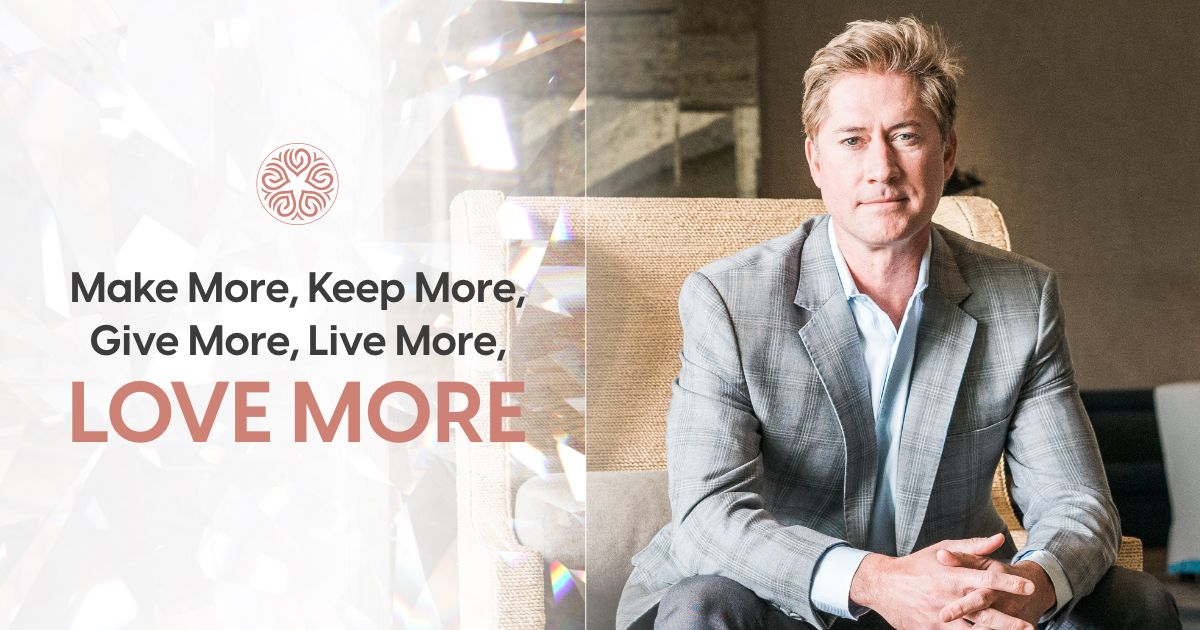One of the examples in work – and life – is the cadence of reasoning and doing, consideration and activity. Groups and organizations that adaptively move between these two working modes quicken learning with the consequence of being stronger, spry and persevering. For pioneers, this implies bringing the hindrances that tend down to keep groups stuck in doing mode or thinking mode.
The thought that we need “everybody ready” before resolving to activity in the work environment is an obstruction for groups needing to move from ‘conversation’ to ‘doing.’ This training is connected to outlining ‘doing’ as far as demonstrate and perform. Rather, on the off chance that we outline ‘doing’ regarding improve and learn, we free individuals to clutch their reservations and make it simpler to focus on taking a stab at something new.
Resolve TO ACTIONS, NOT BELIEFS
At the point when we make duties or search for colleagues to make responsibilities, one mix-up is to attempt to get individuals “on board” – as such, attempting to get individuals not exclusively to adjust their activities and practices, yet in addition to make an outlook change. The better path is to just submit activities. For any critical choice, you are probably going to have individuals who might have picked an alternate way. What the association needs is for the whole association to adjust behind the activities expected to help the choice. Attempting to persuade individuals that they have to adjust their outlooks also includes a weight that defers pushing ahead and expects them to concede “they weren’t right.” Since the activity happens following the choice was made, we don’t have the foggiest idea who wasn’t right, on the off chance that anybody.
Envision you need to settle on a choice on a recommendation that one of your representatives submitted. Your associate has expressed that they mean to change a promoting effort with a particular goal in mind. The second you catch wind of the proposition, you experience a negative response. Your own experience is this is an impractical notion. You trust you will lose deals or waste assets. It’s anything but a moral issue and nobody will get injured, however it’s simply not the best thing for the association. All things considered, since this will happen later on, similar to all choices, you are not 100% sure.
The dedication you can make, as a pioneer, is to help the choice with your activities and see what occurs. You don’t need to trust it is a smart thought, just that there’s a sufficient possibility that it is a smart thought to hazard what restricted assets will be spent on it. You are likewise gauging the learning sway for this associate and the association. This is sufficient for the organization.
A similar standard remains constant if the circumstance is flipped. On the off chance that you have requested that your group execute a specific choice, and there are individuals in the group who don’t trust it is the most ideal approach, you don’t need to persuade them that it is. You should let them clutch their thoughts. However long they focus on supporting the choice through activities, the objectives of the association are met.
When the choice is made, don’t attempt to persuade dissidents and exceptions that their reasoning isn’t right. Nobody can know whether the choice is right until you test the speculation on which you based the choice.
ELLA’S KITCHEN: A COLLABORATIVE CULTURE
Ella’s Kitchen is a natural infant food organization outside of London. The pioneers have attempted to fabricate a more communitarian culture where individuals contribute their thoughts. One of the thoughts from the item group was for a breadstick-like food called melty sticks that kids as youthful as seven months could oversee. Actually, it was an extreme item to make – make it excessively hard and it would be terrifying and sharp, make it excessively delicate and it would liquefy into nothing excessively quick. Also, it required extraordinary bundling. This drove up the expenses of bundling and delivery the item.
Hence, authority didn’t think this was a suitable item. In any case, the pioneers had made a guarantee to fabricate this more participatory culture, so they contemplated that they expected to satisfy their side of the arrangement and let the group attempt their thoughts. Review it as a learning opportunity, initiative endorsed creation.
After a year, melty sticks had become the organization’s main netting item.
This article is adapted from Leadership is Language: The Hidden Power of What You Say – and What You Don’t by L. David Marquet, with permission of Portfolio, an imprint of Penguin Publishing Group, a division of Penguin Random House LLC. Copyright © L. David Marquet, 2020.
ABOUT DAVID MARQUET
David Marquet, a top graduate of the U.S. Naval Academy, commanded the nuclear-powered, fast-attack submarine USS Santa Fe from 1999 to 2001. Since retiring from the Navy he has worked with businesses nationwide as a leadership consultant. He gives presentations around the world about his acclaimed first book, Turn the Ship Around: A True Story of Turning Leaders Into Followers.




